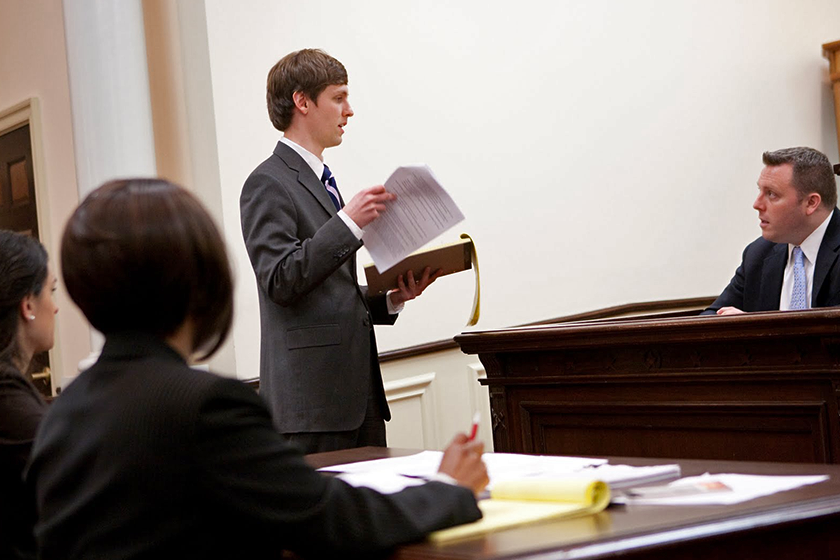In high-stakes litigation, where the outcome can significantly impact a company’s future or a person’s life, the use of expert witnesses often becomes a pivotal factor in the courtroom. These individuals bring specialized knowledge and expertise that can clarify complex issues, providing critical insights that may sway the judgment of the court. Expert witnesses are professionals who possess extensive knowledge and experience in a specific field relevant to the case at hand. Their role is to offer objective, informed opinions based on their expertise. This specialized knowledge is crucial in cases where the subject matter is too intricate for the average person, including judges and juries, to fully comprehend. By distilling complex information into understandable terms, expert witnesses help ensure that decisions are made based on a thorough understanding of the facts.
One of the key benefits of expert witnesses is their ability to enhance the credibility of a case. For instance, in a medical malpractice suit, a seasoned surgeon or medical researcher can provide testimony on industry standards and practices, helping the court understand whether the defendant’s actions deviated from accepted norms. Similarly, in a financial dispute, an expert in accounting or finance can dissect complex transactions and financial statements to elucidate the true nature of the alleged misconduct. Charles W Ranson Consulting Group Expert witnesses also play a critical role in shaping the direction of litigation. Their opinions can influence strategy, including whether to settle out of court or proceed to trial. For example, if an expert’s testimony supports one party’s claims, it may strengthen that party’s negotiating position. Conversely, if an expert’s findings are unfavorable, it could lead to a reevaluation of the case and possibly prompt a settlement to avoid further risk.
 The selection of the right expert witness is a strategic decision. Legal teams often engage in a meticulous vetting process to ensure that the expert’s qualifications align with the case’s needs. This includes evaluating their credentials, previous testimony, and the relevance of their experience. A well-chosen expert can significantly enhance a case, while a poorly selected one can undermine it. Moreover, the effectiveness of an expert witness depends not just on their knowledge but also on their ability to communicate complex information clearly and persuasively. In the courtroom, experts must present their findings in a manner that is accessible to laypeople, often through visual aids or simplified explanations. Their credibility is further bolstered by their demeanor and ability to withstand cross-examination, demonstrating that their opinions are well-founded and unbiased. Expert witnesses serve as a secret weapon in high-stakes litigation. Their specialized knowledge can bridge gaps in understanding, enhance the credibility of arguments, and influence the trajectory of legal proceedings. By leveraging the insights of these professionals, parties in litigation can navigate the complexities of their cases with greater precision and effectiveness.
The selection of the right expert witness is a strategic decision. Legal teams often engage in a meticulous vetting process to ensure that the expert’s qualifications align with the case’s needs. This includes evaluating their credentials, previous testimony, and the relevance of their experience. A well-chosen expert can significantly enhance a case, while a poorly selected one can undermine it. Moreover, the effectiveness of an expert witness depends not just on their knowledge but also on their ability to communicate complex information clearly and persuasively. In the courtroom, experts must present their findings in a manner that is accessible to laypeople, often through visual aids or simplified explanations. Their credibility is further bolstered by their demeanor and ability to withstand cross-examination, demonstrating that their opinions are well-founded and unbiased. Expert witnesses serve as a secret weapon in high-stakes litigation. Their specialized knowledge can bridge gaps in understanding, enhance the credibility of arguments, and influence the trajectory of legal proceedings. By leveraging the insights of these professionals, parties in litigation can navigate the complexities of their cases with greater precision and effectiveness.
